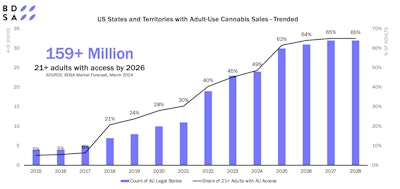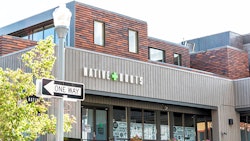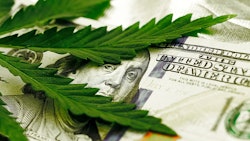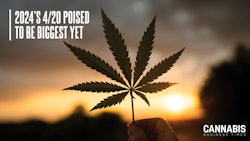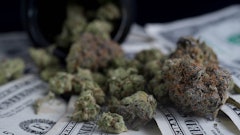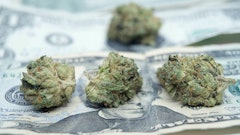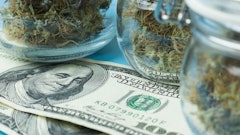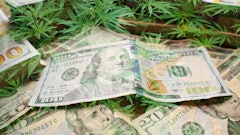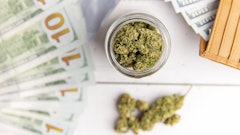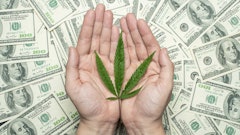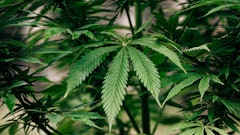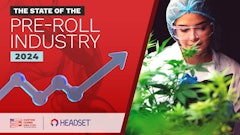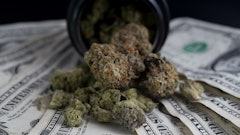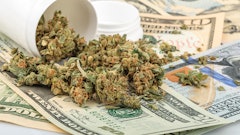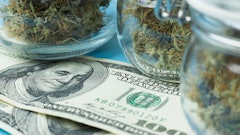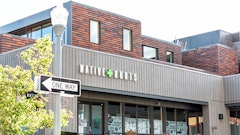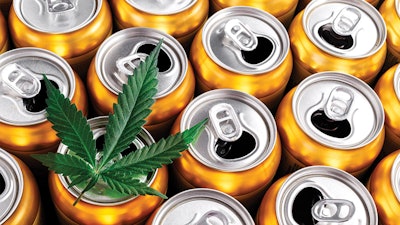
While a recent report found that daily cannabis consumption now outpaces daily alcohol consumption in the United States, Americans aren’t necessarily replacing alcoholic beverages with cannabis beverages. While cannabis beverage sales have grown, they have grown more slowly than the total edibles category between Q1 2022 and Q1 2024, according to cannabis data company BDSA.
In Q1 2024, cannabis beverages brought in $50 million in total retail sales across BDSA-tracked markets (AZ, CA, CO, FL, IL, MA, MD, MI, MO, NV, NJ, NY, OH, OR, PA), representing a 6% dollar share of total edible sales, and a 1% share of total cannabis sales, according to the firm. In Q1 2023, beverages totaled $48M in total retail sales across those markets. BDSA forecasts cannabis beverage sales to continue to make up roughly 1% of total cannabis sales across legal markets.
While the brand landscape for cannabis beverages has expanded significantly over the past couple of years, according to BDSA, cannabis gummies continue to make up the lion’s share of edibles sales and are the most consumed type of edibles. Three-fourths (75%) of edibles consumers in medical and adult-use markets claim they have consumed gummies in the past six months, compared to 8% who report consuming carbonated cannabis beverages or teas, respectively, per BDSA Consumer Insights.
Growth in Overall Cannabis Market and Consumer Acceptance
“BDSA Consumer data also shows that cannabis consumer participation has continued to grow as access to legal cannabis expands,” Brendan Mitchel-Chesebro, BDSA’s marketing content manager, said. “Across adult-use states, 73% of adults have ‘bought in’ to consuming cannabis, with 47% reporting past 6-month cannabis use, and 26% claiming that they are open to consuming in the future. BDSA consumer data also show that many consume cannabis daily, with 51% of inhalable consumers consuming more than once a day, and 16% consuming daily,” he said.
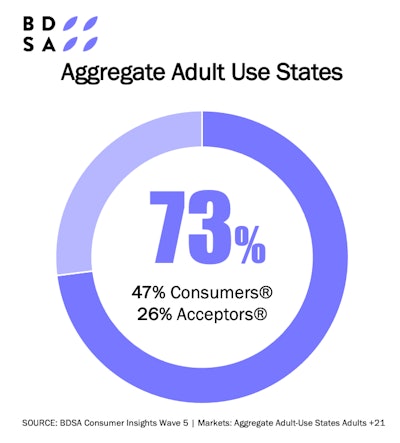
“As of early 2024, 49% of 21+ adults in the U.S. have access to adult-use cannabis in their state,” he said. “By 2026, we forecast that 62% of U.S. adults will have adult-use access. Assuming a 50% consumption rate, this translates to an addressable market of roughly 80 million adults in the U.S.”
